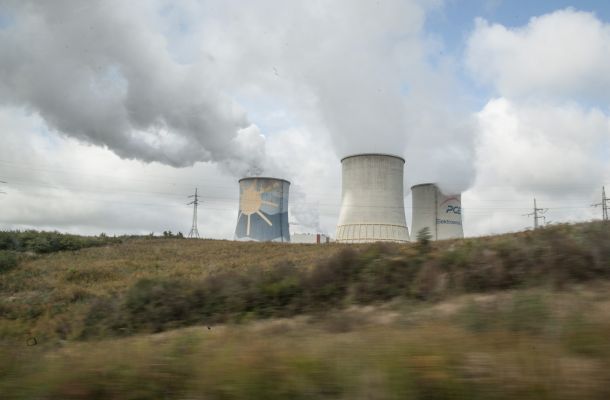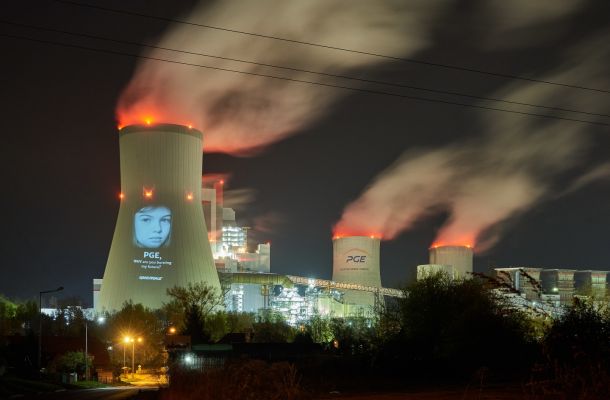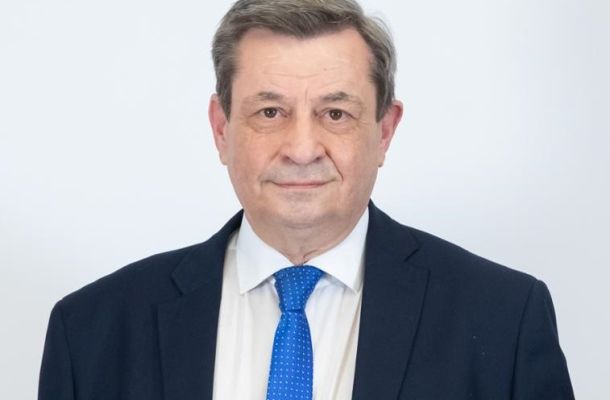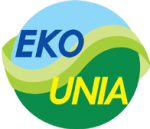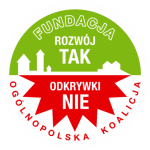Emissions do not stop at the border
German politicians oppose the Turów concession
The activities of the Polish Climate Ministry arouse international controversy. The decision to extend the license is criticized primarily by our neighbors from the Czech Republic and Germany, who will directly feel the negative effects of the operation of the mine and power plant. German media emphasizes that the concession decision "will have far-reaching consequences for Saxony." Saxon MEPs from Greens accuse Poland of violating EU law. The license was granted without the citizens exercising their right to object.
As a reminder, on March 20th, 2020, Minister of Climate Michał Kurtyka, signed a concession with the permission to continue exploiting the lignite deposit in Turów for the next 6 years. The opencast lignite mine is located on the border between Poland, Czech Republic and Germany.
“I am very worried. Impacted cities in Saxony are only a few kilometers away from the mine” says Daniel Gerber, energy and environmental policy spokesperson for the Alliance 90/Die Grünen parliamentary group and member of the Committee on Energy, Climate Protection, Environment and Agriculture in the Saxon Parliament.
„Urgent action is needed now. The impact of lignite mining on climate is catastrophic. (…) The renewed licence also runs counter to the welfare of people in the border region, and to the active protection of their health. A study by CREA (the Centre for Research on Energy and Clean Air) recently showed that the pollution from Turów leads to health damagesand premature deaths, including here in Saxony. Polluting emissions do not stop at the border“ he added.
Priority questions for the European Commission regarding Turów
MEP Anna Cavazzini, representing Saxony in the European Parliament also referred to the Ministry of Climate decision:
„I find it particularly sad to see that a petition against the expansion of the Turów mine was totally ignored. It was delivered barely three weeks ago: almost 13000 committed Europeans have signed it. Instead of waiting for a decision at the European level, Poland is pushing ahead with a surprise national move. If the Commission does not act now, citizens will be greatly disappointed and confidence in the EU risks being weakened once more.”
Anna Cavazzini sent priority questions to the European Commission regarding the Turów open cast mine. She draws attention to a number of legal weaknesses in activities of the Polish government.
Pointing out that the license was issued despite the large impact of the Turów opencast and power plant operation on the quality and water level and also on the health of citizens in three European Union countries.
Cavazzini asks:
1. How is the Commission dealing with the Turów project’s permanent violations of EU law, especially of the Water Framework Directive’s toxic substances discharge limit?
2. Is the Commission considering legal action in the form of an infringement procedure against Poland?
3. How is Commission going to ensure that the continued operation of the Turów mine and power plant is compatible with the EU’s climate neutrality objective and the European Green Deal?
The Saxony authorities about opencast lignite mine
German authorities cannot take action against granting the extension of the concession for the Turów opencast mine, writes Sächsische Zeitung.
"Only third parties affected by this situation can appeal," Burkhard Beyer, a spokesman for the Saxon Ministry of the Environment, said Sächsische Zeitung.
The Saxon Ministry found out about the extension of the concession from the press. This means that the Polish side did not inform about this in advance.
The authorities of Zittau are appealing
The city of Zittau appealed, accusing Poland of not being transparent. Significant parts of the transboundary impact assessment process have not been translated into German.
In addition, Zittau has not received any response to its objections, Knut-Michael Kunoth from German Radio Lasuitz comments.
Kunoth emphasizes that in addition to noise and dust, residents are afraid of negative consequences for groundwater and nature, and their objections have been ignored by Poland. That is why Saxon MEPs from Greens accuse Poland of violating EU law. The license was granted without the citizens exercising their right to object.
Sources:
https://www.annacavazzini.eu/surprise-new-licence-for-the-turow-coal-mine-violates-eu-law-say-anna-cavazzini-and-daniel-gerber/
https://www.saechsische.de/plus/polen-tagebau-turow-grube-lizenz-187267-html-5187267.html
https://www.annacavazzini.eu/presse-zu-turow/
https://www.saechsische.de/tagebau-turow-sachsen-ist-machtlos-5189117.html
https://www.annacavazzini.eu/pressestatement-zur-verlaengerung-der-konzession-fuer-tagebau-turow/
https://www.saechsische.de/plus/ist-tagebau-entscheidung-rechtens-5187687.html
https://www.radiolausitz.de/beitrag/neue-lizenz-erteilt-polen-darf-bei-zittau-weiter-kohle-foerdern-631649/
Popularne Artykuły
PGE myths vs reality
Why are you burning our future?
Polish prime minister dismisses for the truth about Turów
About Us
Our organizations jointly counteract the expansion of the open-cast Turów lignite mine in Poland for the benefit of local communities, nature and climate. We support civic activities undertaken by the international community at the interface of the Czech Republic, Germany and Poland. We strive to make the lignite-dependent Bogatynia enter the path of energy transition as well as economic and social transformation.
